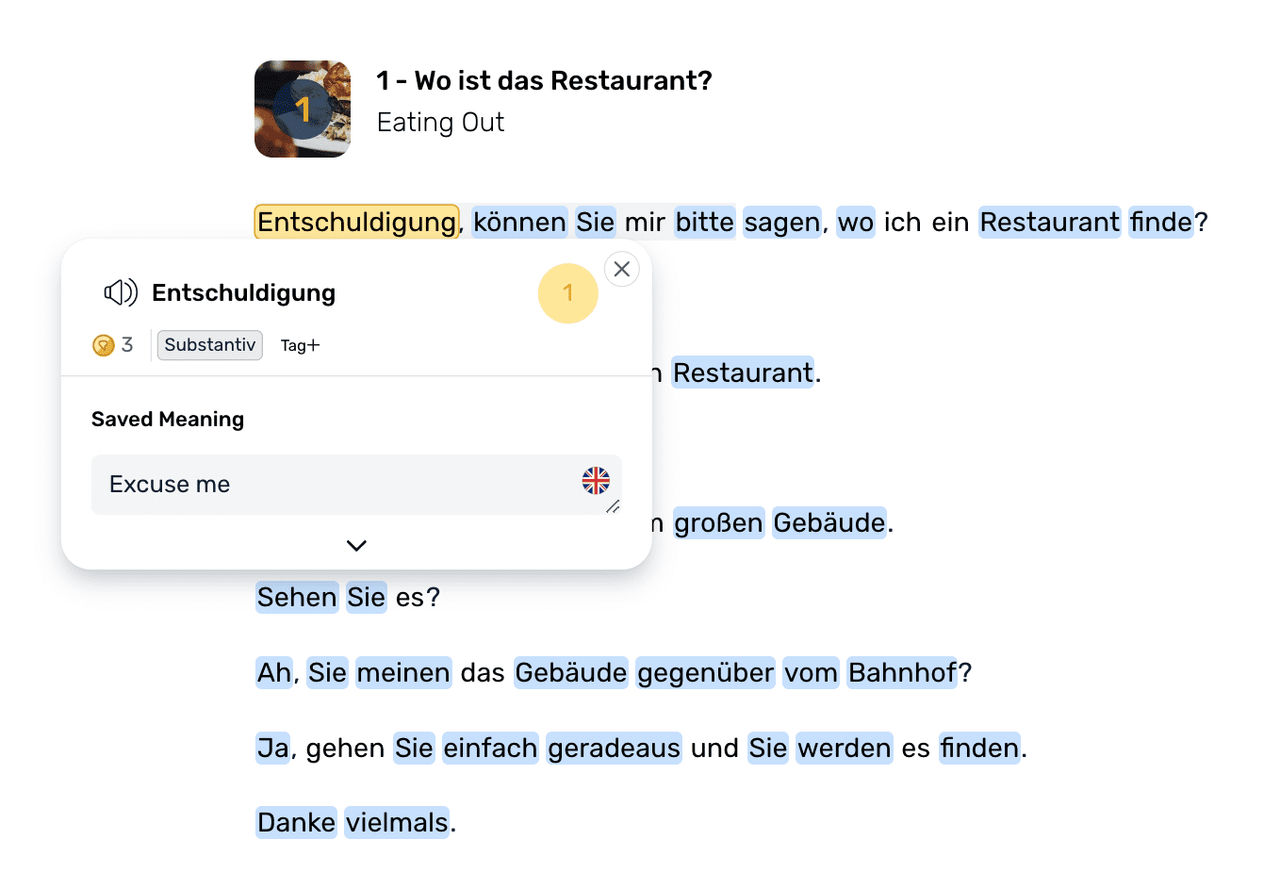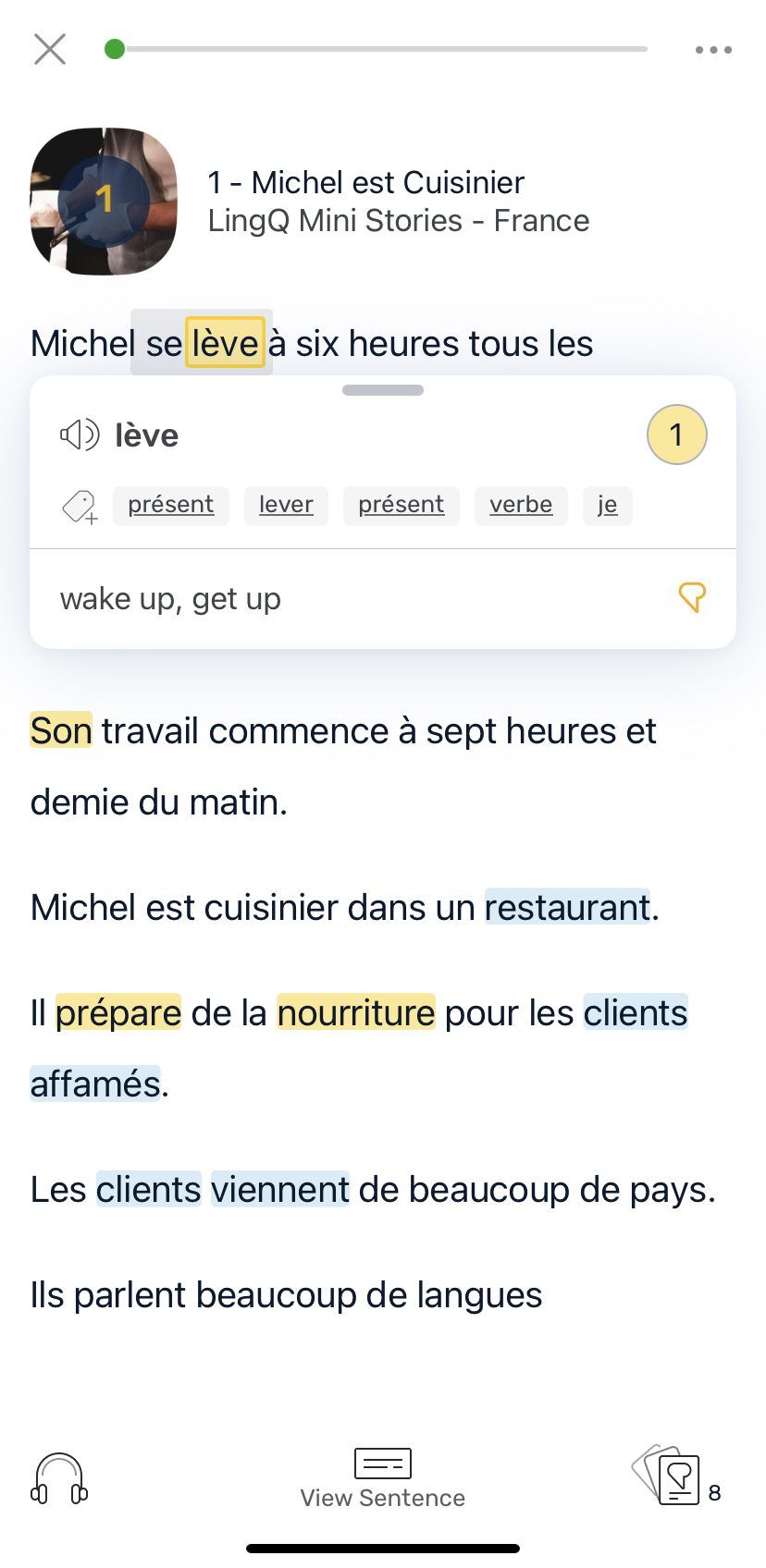German Alphabet – Tips to Help You Learn It
Why Learn the German Alphabet? Because It’s the Foundation for Learning the Language!
I know, I know. Learning the alphabet is for kids; it’s something you do when you’re five. Trust me, I felt the same way. And then I was asked to spell my name in German. Ha! That was not fun. I realized far too late that I had no clue how to correctly pronounce some of the letters and had to write my name on paper and show it to the lady.
You better believe that never ever happened again. I immediately took it upon myself to learn the German alphabet that very evening. Granted, if you travel to Germany, many of the citizens there will understand your underwhelming attempts at pronunciation whether it is with their words or the letters of their alphabet. But really, why do that? Why not just learn the German alphabet—just like you did your native alphabet—and have that added confidence when you need it? It will be appreciated by others, too.
The German alphabet looks just like our English alphabet. Well, at least the first twenty-six letters do. They are, however, pronounced differently; some are pronounced very differently. But that’s why I’m here! To help you with that. LingQ co-founder Steve Kaufmann is fluent in German also and has some great tips.
So, let’s delay no more. I know you’re chomping at the bit, wanting me to get on with it. I’ll give you the German letter with pronunciation in parenthesis. I’ll add extra explanations where I think they will help you. Then I’ll give you a German word that starts with the letter, and the English word to help you better understand. In other words, I’ll teach you the same way a German taught me! (Except I won’t yell at you when you mispronounce the same letter repeatedly).
A (ah, like the ‘a’ in far)
German: Apfel, English: Apple
B (beh, like the ‘b’ in banana)
German: Banane, English: Banana
C (tseh, like the ‘c’ in ice. In German, words that start with the letter ‘c’ normally sound like the English ‘k’)
German: Chor, English: Choir
D (deh, like the ‘d’ in dog)
German: Deutschland, English: Germany
E (eh, like the ‘e’ in ten)
German: Elefant, English: Elephant
F (eff, like the ‘f’ in fly)
German: Fisch, English: Fish
G (geh, like the ‘g’ in gold)
German: Giraffe (the ‘G’ is a hard ‘g’, not soft like in the English word. Remember to enunciate that ending ‘e’), English: Giraffe (same spelling, different pronunciations)

H (haa, like the ‘h’ in hat)
German: Hut, English: Hat
I (ee, long form is like the ‘ee’ in feet, short form like the ‘i’ in sit)
German: Igel (long form of ‘i’), English: Hedgehog (yep, I threw that one in there to keep you on your toes!)
J (yot, like the ‘y’ in yogurt)
German: Jahr, English: Year
K (kah, like the ‘k’ in kangaroo)
German: Kaffee, English: Coffee
Learn German Faster Using LingQ
LingQ is the best way to learn German online because it lets you learn from content you enjoy! You can import videos, podcasts, blog posts and much more and turn them into interactive lessons. Keep all your favourite language content stored in one place, easily look up new words, save vocabulary, and review.
LingQ is available for desktop as well as Android and iOS. Gain access to thousands of hours of audio and transcripts and begin your journey to fluency today.
L (el, like the ‘l’ in lemon)
German: Licht, English: Light
M (em, like the ‘m’ in money)
German: Milch (‘ch’ is soft ‘sh’ sound made with middle of your tongue to the roof of your mouth instead of the tip), English: Milk
N (en, like the ‘n’ in number)
German: Nummer, English: Number
O (oh, like the ‘o’ in orange)
German: Orange (enunciate that ‘e’ on the end, Oh-ran-juh), English: Orange

P (peh, like the ‘p’ in paper)
German: Papier, English: Paper
Q (kooh, like the ‘q’ in quiz)
German: Quiz, English: Quiz
R (err—roll that ‘r’ sound a little in the back of your throat, sort of like gargling. There is no English equivalent to this letter)
German: Rot, English: Red
S (es, like the ‘s’ in sun)
German: Sonne, English: Sun
T (teh, like the ‘t’ in tea)
German: Tee, English: Tea (We already had our coffee (Kaffee) so now we get our tea, also.)
U (ooh, like the ‘ou’ in you)
German: Uhr, English: Clock
V (fow, like the ‘f’ in find)
German: Vogel, English: Bird
W (veh, like the ‘v’ in verb)
German: Wassermelone, English: Watermelon
X (iks, like xylophone)
German: Xylophon (watch the pronunciation of the ‘y’), English: Xylohphone

Y (ypsilon, like the ‘y’ in yoga)
German: Yoga, English: Yoga (pronounced the same, should be an easy one to remember.)
Z (tset, like the ‘ts’ in kits)
German: zoomen, English: zoom
Umlaute, or, The Rest of the German Alphabet
These are the vowels that you see with the two little dots above them. Those dots, as I have come to learn, are a sort of shorthand that stand for the letter and sound ‘e’. Although they look like the regular letters, do not think they are interchangeable. They definitely are not interchangeable. Sometimes those two little dots (and the ensuing pronunciation) change the entire meaning of a word. And, since you will be speaking the words, it is very important to learn the nuances of these letters. If you’re writing, you simply use the two dots and leave the pronunciation up to the reader; that does not apply when you are speaking. So, to avoid potentially embarrassing missteps, do yourself a favor and dedicate some time to learning these letters.
We don’t have these particular letters in the English alphabet, and we barely have the equivalent sounds in our language. These letters pose a problem for most English speakers because we simply are not accustomed to making the proper sounds and holding our mouths and tongues in the proper places.
Ä (e-eh)
Almost sounds like English eh. Is pronounced like the ‘e’ in melon or the ‘a’ in cage.
Ö (o-eh)
Pronounced like the ‘o’ in word.
Ü (u-eh)
There is no true equivalent to this sound in English. This is one that you will have to listen to in German words and imitate the sound.
ß (ess-tset, or scharfes S—sharp S)
Pronounced like the ‘ss’ in kiss or hiss. This is the only letter in the German alphabet that will never be at the beginning of a word.
Bonus Tips!
🇩🇪 Practice by listening to video/audio clips of real Germans pronouncing the letters and imitating them to the best of your ability. Trust me, it’ll become more natural the more you practice.
🇩🇪 Listen to German conversations and try to pick up on the nuances of the language and see if you can guess what letters are being pronounced. I suggest learning videos for beginners—you can find loads of them on YouTube for free. I tried it with a German news broadcast and thought my ears would fall off. Start out with slower videos.
🇩🇪 Learn the ABC song in German! Yes, I’m serious. I’ll include a link to the YouTube video of it. Hey, it helped you learn the English alphabet when you were just a wee thing! The tune is almost identical.
🇩🇪 One of the best and easiest ways I’ve retained information about the German language is through songs. Try it! Find a German band you like and pull up the lyrics to some of their songs. Translate them into English (or find a trustworthy translation online) and then learn the song in German. It teaches your brain to retain the information on a two-way street so to speak, and you’re constantly translating between the two languages as you sing along!
I wish you all the best on your journey to learning German. It is an awesome language full of beauty and nuances. All the best! Auf Wiedersehen!

